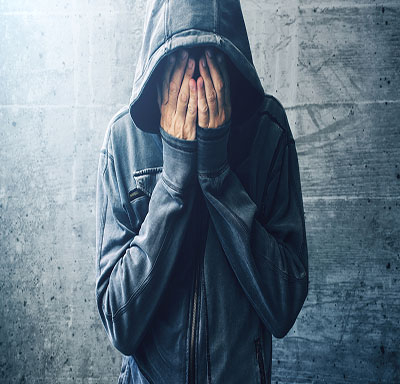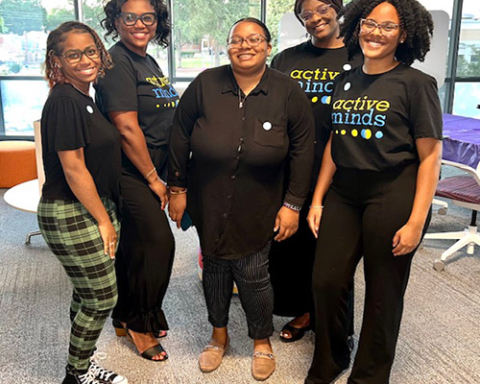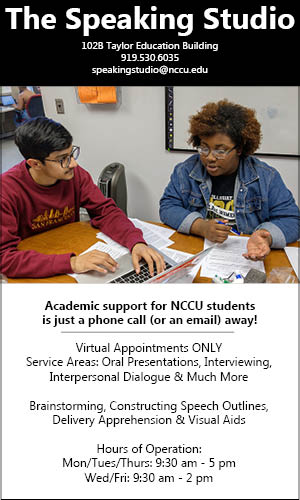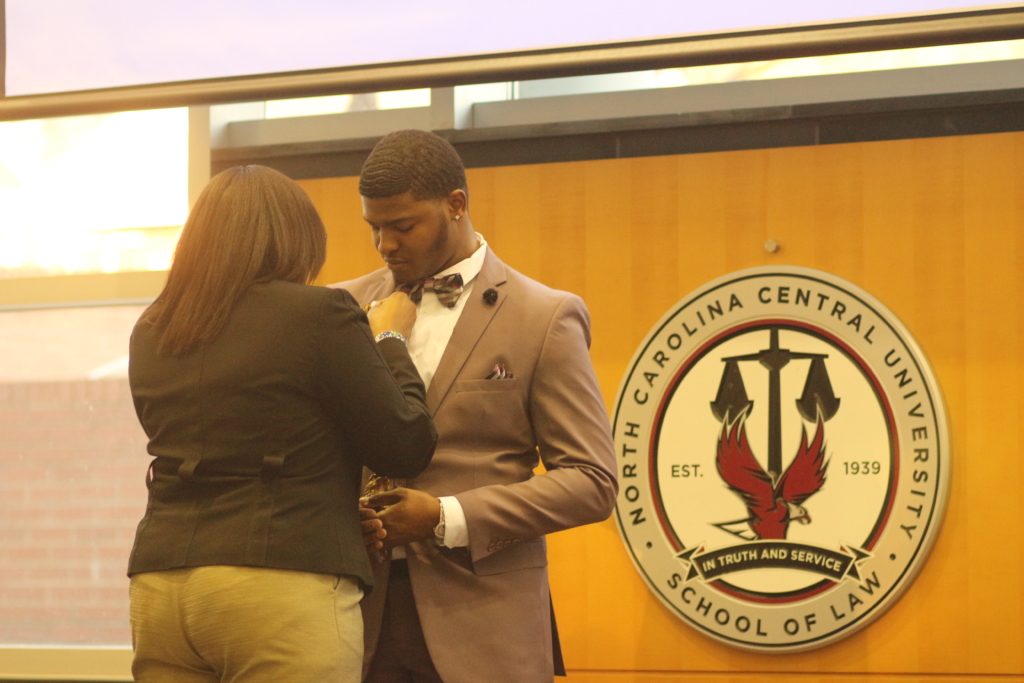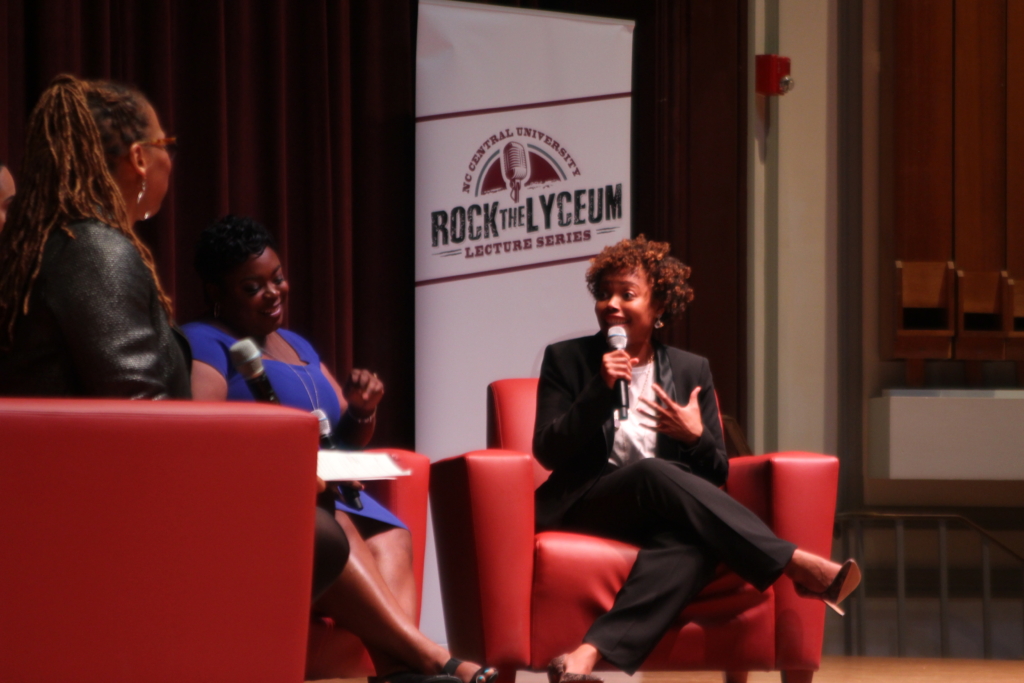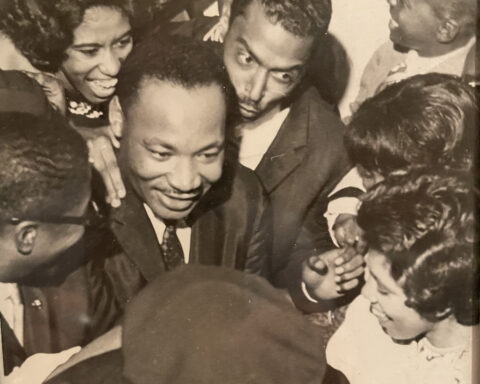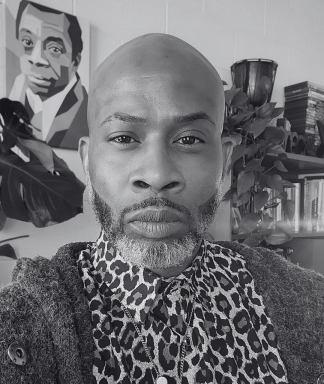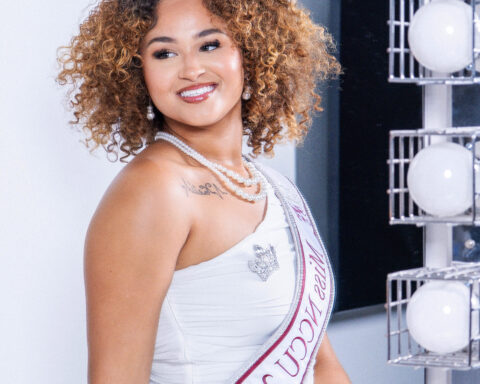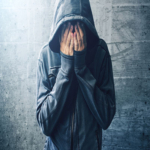As public awareness of mental health has grown significantly in recent years, studies have shown that anxiety, depression, and stress are at an all-time high for college students.
A study done by the American College Health Association found that the percentage of students who reported being diagnosed with depression or anxiety rose from 10 percent in 2000 to 16 in 2015. And according to the Centers for Disease Control and Prevention, African Americans of all ages who committed suicide was 5.25 per every 100,000 persons. Which is almost half of the whole U. S rate of 10.75 per every 100,000 between 2000 and 2004. Black men ranging from ages 20 to 24 had the highest rates of suicide in the black community, averaging 18.18 per every 100,000 persons.
Yet getting black students to seek out therapists, or counselors is extremely hard. Black students often times try to self-medicate, or turn to spiritual guidance due to the way they were raised. Mental health is often frowned upon in black families, children are often told being depressed is a state of mind or a product of being ungrateful. Many students are afraid of being labeled as weak or crazy, when actually seeking help takes courage.
Dr. Angela Lee, a former counselor here at NCCU, wants students to know that counseling departments can’t take it on all by themselves.
“Issues like suicide, domestic violence and rape come up on different levels,” Lee explains. “Campus police, counselors, resident assistants and the Dean of Students all need to be on the same page and send the same messages.”
Here at NCCU we offer Student Health and Counseling Services, the staff over at SHCS understands that students probably won’t ever visit the health center on their own, so instead they work with Greek organizations, hold campus events and visit dorms to promote the center whenever possible.
Senior Brian Byrd said that there was a time when I didn’t want to go outside or even really “be here (alive)” anymore.
“God helped me through it, but I wish I knew more about the Counseling Center when I was going through everything,” he said. “It’s cool to know we have people willing to help.”
According to the SHCS, some common signs of emotional and/or physical distress include:
- Decreased interest in classes
- Drop in grades and classroom performance
- Missed assignments
- Increased absences from class and work
- Direct statements indicating distress, family problems, or other difficulties
- Excessive sleeping or insomnia
- Lack of direction and focus in life goals
Faculty and staff are often the first to notice a student in distress, but peers can also notice signs if aware of them. When you see a friend or a peer showing these or other signs don’t disregard them, consider speaking with them or referring them to the Counseling Center.
There are a few ways to refer a student to SHCS, if a student agrees to seek counseling give their name to a counselor in the Counseling Center and then ask the student to follow through with contacting the Center in person or by phone.
If you feel uncomfortable making a referral speak with a counselor and he or she will help you figure out the best way to get the student into the center.
If you would like to schedule an appointment to speak with a counselor, they are available from 8 a.m to 5 p.m Monday through Friday. The Student Health and Counseling Center accepts all scheduled and walk-in appointments.
If you need help, call Student Health to schedule an appointment at (919) 530-7646. If you are concerned for another student’s immediate safety, please call University Police at (919) 530-6106.



